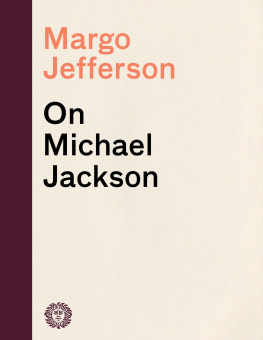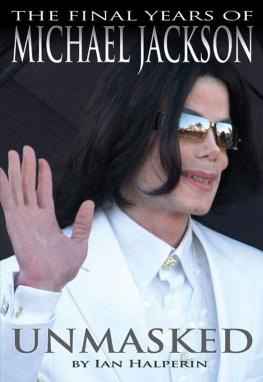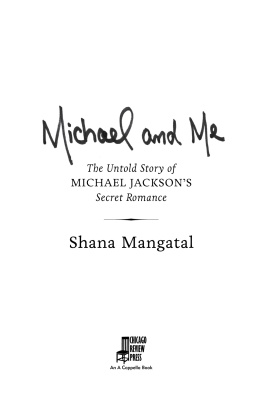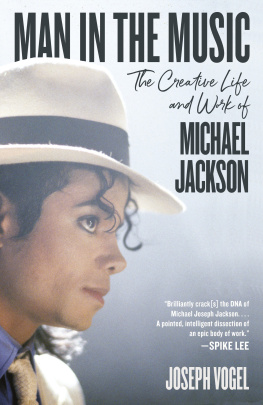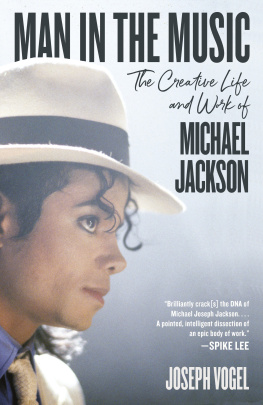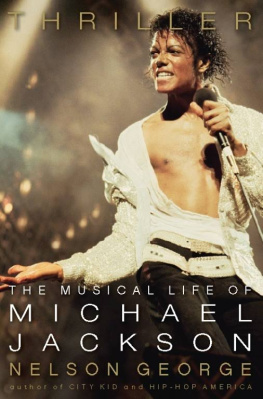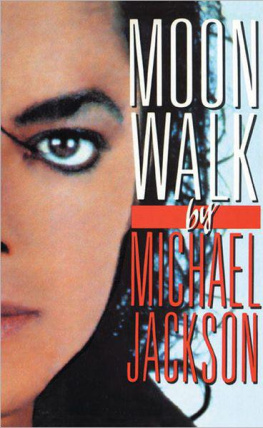

DANGEROUS
Praise for the series:
It was only a matter of time before a clever publisher realized that there is an audience for whom Exile on Main Street or Electric Ladyland are as significant and worthy of study as The Catcher in the Rye or Middlemarch The series is freewheeling and eclectic, ranging from minute rock-geek analysis to idiosyncratic personal celebrationThe New York Times Book Review
Ideal for the rock geek who thinks liner notes just arent enoughRolling Stone
One of the coolest publishing imprints on the planetBookslut
These are for the insane collectors out there who appreciate fantastic design, well-executed thinking, and things that make your house look cool. Each volume in this series takes a seminal album and breaks it down in startling minutiae. We love these. We are huge nerdsVice
A brilliant series each one a work of real loveNME (UK)
Passionate, obsessive, and smartNylon
Religious tracts for the rockn roll faithfulBoldtype
[A] consistently excellent seriesUncut (UK)
We arent naive enough to think that were your only source for reading about music (but if we had our way watch out). For those of you who really like to know everything there is to know about an album, youd do well to check out Bloomsburys 33 1/3 series of booksPitchfork
For reviews of individual titles in the series, please visit our blog at 333sound.com and our website at http://www.bloomsbury.com/musicandsoundstudies
Follow us on Twitter:
Like us on Facebook: https://www.facebook.com/33.3books
For a complete list of books in this series, see the back of this book
Forthcoming in the series:
Ode to Billie Joe by Tara Murtha
Fresh Fruit for Rotting Vegetables by Mike Foley
Freedom of Choice by Evie Nagy
Live Through This by Anwyn Crawford
Sigur Ros: ( ) by Ethan Hayden
and many more
Dangerous

Susan Fast

Track Listing
- Jam (5:38)
- Why You Wanna Trip On Me (5:25)
- In the Closet (6:32)
- She Drives Me Wild (3:41)
- Remember the Time (4:00)
- Cant Let Her Get Away (5:00)
- Heal the World (6:25)
- Black or White (4:16)
- Who Is It (6:34)
- Give In To Me (5:29)
- Will You Be There (7:39)
- Keep the Faith (5:57)
- Gone Too Soon (3:24)
- Dangerous (7:00)
Contents
This has been, simultaneously, among the most difficult and most rewarding writing projects Ive ever undertaken. Difficult because trying to counter dominant narratives about Jackson and approach his work with the sophistication it deserves often felt daunting, especially given how little writing there is that takes up his art, rather than the mad media spectacle of his life; fulfilling because I shared the latter part of this journey with Willa Stillwater, Joseph Vogel and Lisha McDuff, three people who are among the few to have written seriously about Jacksons work, who have an encyclopedic knowledge of it, and who read drafts of every chapter as I completed it, offering extremely helpful critique; thank you Willa, Joe and Lisha for being so generous and supportive of this project. I was fortunate to be able to offer a graduate seminar on Jackson as I was finishing this project and am thankful for the enthusiasm and sharp thinking of the students in that class and their empathetic readings of Jackson and his work: Lakyn Barton, Jeffery Caldwell, MaryAnn Jazvac, Tonya Lazdowski, Timmy Mo, Justin Raymond, Sydney Saville, Amy Verhaeghe, and Chenfan Wu. Thanks to Matt Link, Stan Hawkins, Craig Jennex and Liss Platt for their comments on various parts of the manuscript. Liss, an artist, my colleague and friend, offered her expertise in interpreting the album cover, as did another colleague, art historian Alison McQueen. My thanks to them both. Im grateful to David Barker for thinking the project worthwhile enough to be part of this series and Ally Jane Grossan and Kaitlin Fontana for expertly shepherding it through the editing and publication process. Finally, my deep-felt thanks to Michael for creating such magnificent music; the book is for those who already know that, but especially for those who dont yet.
1991s Dangerous announced the end of Jacksons innocence and the command of a complicated, conflicted sensibility. Armond White
Dangerous is Michael Jacksons coming of age album. I know this is a grand and seemingly absurd claim to make, since many think his best work was behind him by this time. Let me explain. The record offers Jackson on a threshold, finally inhabiting adulthoodisnt this what so many said was missing?and doing so through an immersion in black music that would only continue to deepen in his later work. Yet he was unable to convince a skeptical public, at this point wholly indoctrinated by the media, that he was either capable of grown-up sentimentsby which I mean deep political engagement, adult expressions of sexuality, spiritual reflectionor interested in his black heritage. This in itself lays bare an interesting story, about what can in the end be told, believed, tolerated, condoned, accepted and by whom; a story about what its possible to see (and hear) and what gets distorted, as the philosopher Ludwig Wittgenstein put it, by the fact that we often cant move beyond mental pictures of things that hold us captive.
The portrait of adulthood that we get on this record finds Jackson struggling with some weighty stuffpolitics, love, lust, seduction, betrayal, damnation, and perhaps above all else racein ways heretofore unseen in his music. He gives us a darker vision of the world, one based more in realism than his characteristic theatricality. Maybe its theatrical realism, but nonetheless, it has a different feel from previous offerings; he seems, at times, to be at a genuine emotional breaking point, at others to be indulging in irony. Even the bright moments are surrounded by uncertainty, anger, betrayal, or ambiguity and taken as a whole, the album leaves little doubt that pain eclipses hope; this is not shiny, happy pop music. Jackson had covered some of this territory before, to be sure: the brilliant angst-ridden Billie Jean is the prototype. But on Dangerous its deeper and more sustained and its not only about deception of the fleshly kindalthough thats certainly therebut about losing oneself to desire, about the state of the world, systemic racism, loneliness, the search for redemption and community, and its dark. Not paranoid as so many critics have called it (why doesnt he get to explore and return to themes he thought were particularly rich and provocative, as so many artists do, without being given this label?), but worried, gut-wrenched, horny, disappointed, suspicious, and knowing. In his review for Rolling Stone, Alan Light noted Jacksons new assertive sexuality and called his best work, here and elsewhere, that which reveals a man, not a man-child, that his finest song and dance is always sexually charged, tense, coiled, that he is at his most gripping when he really is dangerous.
Sonically, Dangerous
Next page

